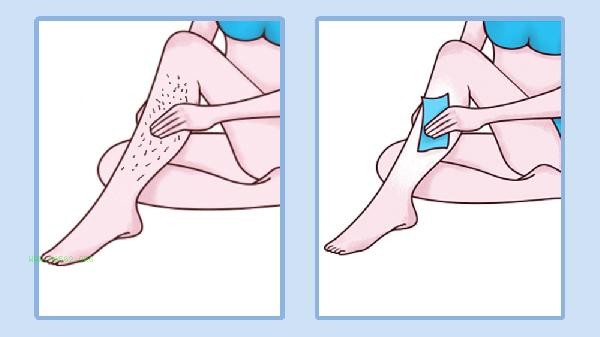Scraping off all the hair on the face generally does not have a direct impact on health, but may cause skin irritation, abnormal hair growth, or infections. Facial hair has functions such as protecting the skin and regulating temperature, and excessive scraping may damage the skin barrier. The most common reaction after shaving is skin sensitivity and redness, especially when using unclean tools or rough techniques. Blade friction can damage the stratum corneum, causing local stinging or burning sensations, and dry skin may experience flaking. The newly grown hair may appear thicker and harder, which is related to the cross-sectional cutting of the hair follicle, rather than actual thickening. Repeated shaving may stimulate keratinization of hair follicles, forming a grainy texture similar to chicken skin.

In rare cases, it may cause folliculitis or contact dermatitis. If small wounds are caused during shaving, bacteria can easily invade and cause redness, swelling, and papules. People who are allergic to the ingredients of shaving products may experience well-defined red rashes accompanied by itching. Patients with diabetes or people with low immunity have a higher risk of infection after shaving, and may have pustules or boils. Long term scraping of lip villi may worsen local pigmentation.

It is recommended to choose an electric shaver to reduce friction, soften hair with warm water before use, and use non-alcoholic shaving cream to protect the skin. Apply moisturizing cream containing ceramides immediately after scraping, and avoid using skincare products containing acidic ingredients. If there is persistent redness, swelling or rash, stop using shaving tools and seek medical attention. People with vigorous hair can achieve long-term management through laser hair removal, but it needs to be operated by professional physicians.









Comments (0)
Leave a Comment
No comments yet
Be the first to share your thoughts!